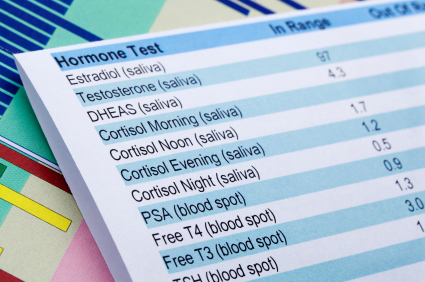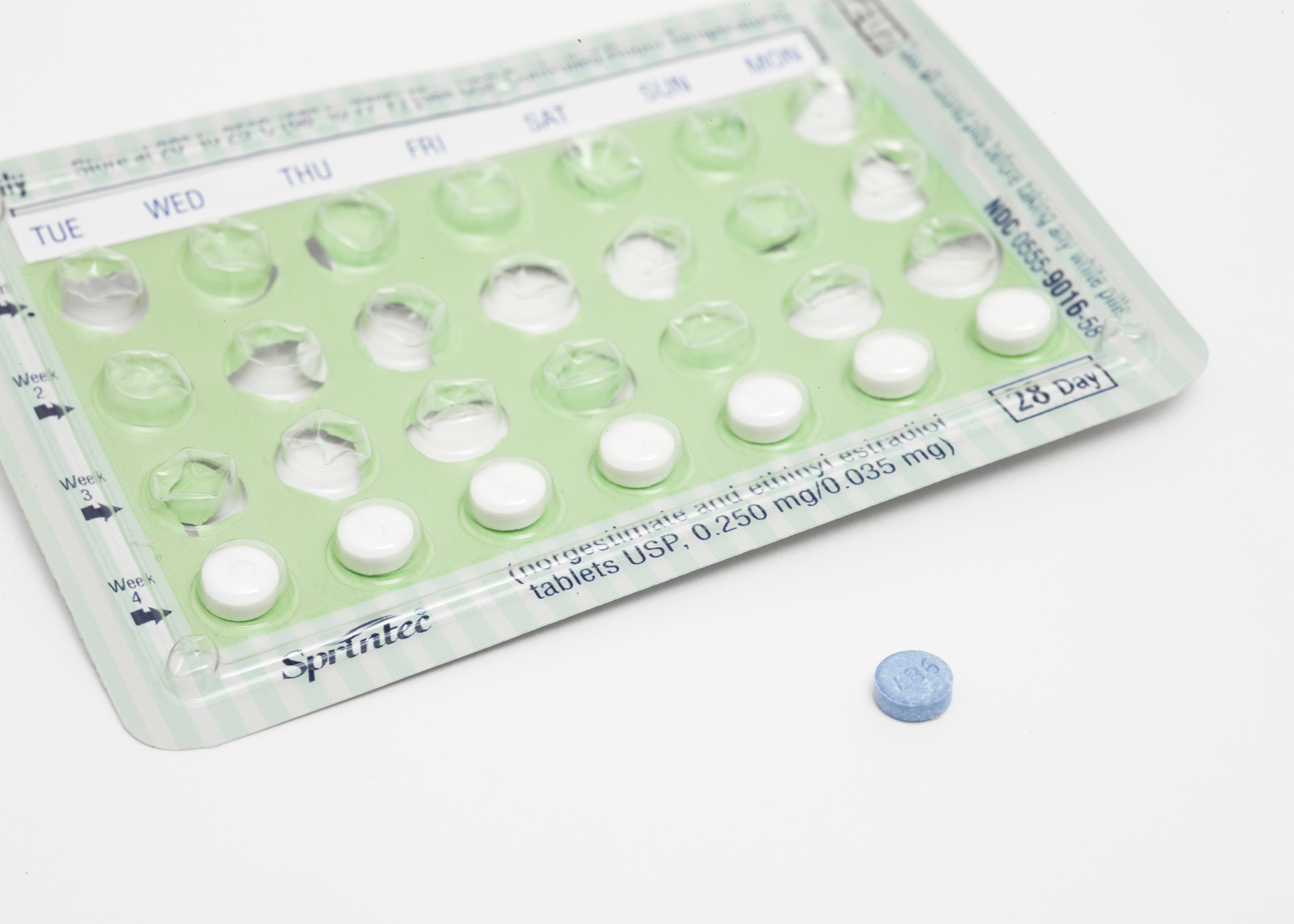What You Should Know About Testing for Hormone Imbalance Symptoms
Hormone imbalance symptoms are an inevitable part of aging and occur at many stages in our lives for both men and women. These imbalances can be fleeting or cause far reaching symptoms relating to mental capacity, libido, athletic performance, mood, weight loss, cholesterol levels, and more. Therefore, when you are having hormone imbalance symptoms, it is important to know what test(s) will best show your hormone levels. How we test for such imbalances will determine correct treatment and outcome of that treatment. This is important because there are more than one way to test for hormone imbalances but not  every way has equal merit and credibility. So let's explore this topic of what you should know about testing for hormone imbalances a bit further.
every way has equal merit and credibility. So let's explore this topic of what you should know about testing for hormone imbalances a bit further.
Testing for Hormone Imbalances: What are your options?
There are three main approaches to testing for hormone imbalances in your body. You can do a serum blood test, you can test your urine, and you can test your saliva. Not all of these tests are equal however in terms of their accuracy and the information they tell us about your hormones. The more information we have the more accurate we can be in identifying and fixing your hormone imbalances.
Serum Blood Hormone Testing
The main advantages of the serum blood test is that insurance usually covers the test. Having been in use for 40 plus years the results are reproducable with well established reference ranges. So we can be assured that the result we get from the blood test reflects what is actually in your blood. The range of the result is comparable to someone of similar age and gender. These are all great things but there is one problem with the serum blood test. It only checks what the levels are at the point in time when the blood is removed from your body. Hormone levels do fluctuate throughout the day. So you may not know if the results are showing a peak or a trough of the hormone levels. This is particularly important with cortisol because it is more susceptible to fluctuations than the sex hormones. The salivary and urine test are able to compensate for the fluctuations but they also have their down sides.
Salivary Hormone Testing
Testing for hormones in the saliva is a fairly new development in comparison to blood tests. There is ample evidence to suggest that salivary levels reflect the blood levels. However, the tests do not have equal reproducibility nor established reference ranges when compared to blood serum tests. Initially salivary hormone testing held much promise because they were easy, inexpensive, and convenient. This allows for several tests through the day covering both peaks and troughs. However over the last 5 years this test has fallen out of favor because of issue with reproducibility, reference ranges, testing methodologies, and other potential problems. This is partially due to the fact that salivary only measures unbound (free ) hormone levels.
Most of the hormones in our bodies are in the protein bound form and a small percentage are in the free form. The free form reflects the amount that can be active in our bodies. Salivary hormone tests reflect the free portion of the hormone and none of the bound hormone levels. because of this the results that salivary testing gives us is incomplete. The free number is generally more important but both are needed for a clear picture.
Another issue is that samples are often collected in plastic tubes which can interfere with testing and degrade the hormones tested. Some compounds in plastics have similar molecular structure to hormones and can therefor alter tests. The biggest flaw and unknown with salivary testing are the variables associated with salivary secretions, the effect of hormone levels on increasing or decreasing salivary secretions, and effects of medicines on salivary secretions and salivary hormone levels. We know that many common medicines effect salivary secretions but we don't know how it effects these tests.
This is not to say they these issue will not get worked out at some point but currently we do not typically recommend this test. Once labs put the time and money into understanding these variables and how they effect reference ranges and individual variability, salivary testing will become a much more useful diagnostic tool.
Urinary Hormone Testing
With urinary testing, you have the advantage of testing for a full 24hrs so it capture the peaks and troughs. This test also has the advantage of being in use for many years and is very reproducible. Testing for hormone in the urine as a diagnostic tool has been around for many years. Typically this test was used to know if you were pregnant, if you had kidney issues, or hormone producing tumors. More recently we started using it for hormone imbalance symptoms associated with the sex hormones testosterone, estrogen, and progesterone. It measures the metabolites of hormones so you get a very clear picture of how your hormones are being utilized in your body as well as what the actual levels are. These metabolites can also show us interesting things about risk for cancer and more clearly display how to adjust and optimize your hormone levels. So what is the down side?
The one and only downside is that insurance does not cover it and it can be rather pricey at $400-$800 for a panel. In our opinion this test should be the gold standard because of all the information it tells you. However since insurances don't cover it, we typically use the blood test as the next best option.
Testing for hormone imbalances conclusion
If you think you are having symptoms related to a hormone imbalance it's a good idea to get checked. Most commonly the test you are going to want to use is the serum blood test. However,if you can afford it, consider the urinary hormone profile as it will give your doctor much more information. In the case of any test used it is important to always correlate the tests back to your symptoms. This is your doctor's job and is always an important part of determining treatment. In this article we covered sex hormones and some about cortisol and adrenal hormones. For completeness, we will mention that the serum blood test for thyroid are usually a good way to look at your thyroid health. In either case bioidentical hormone doctors can help guide you through hormone imbalance symptoms and the treatment needed.
To get more information on how we can help you on your bioidentical hormones in Arizona, click on the link below.




















